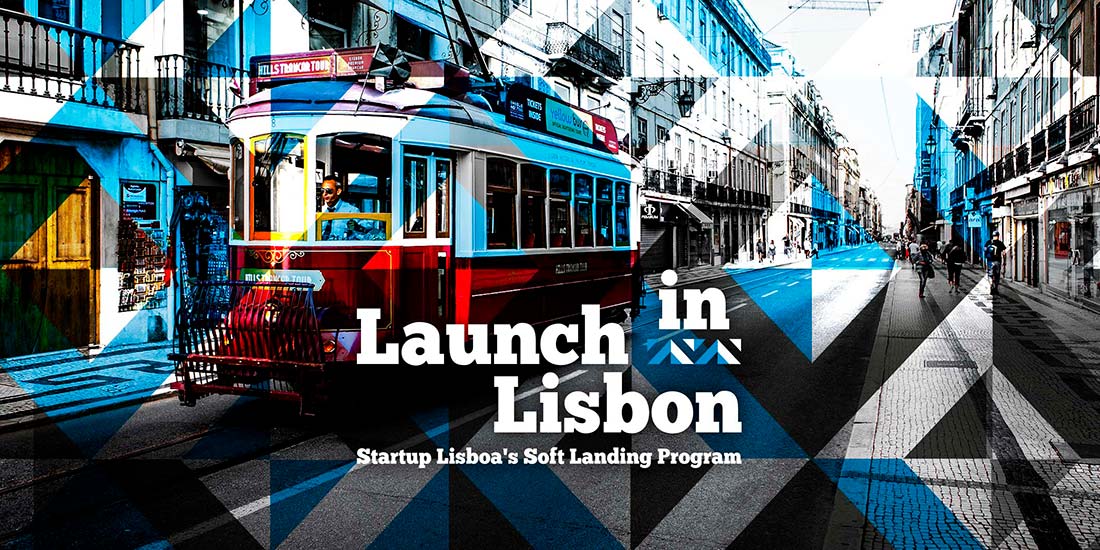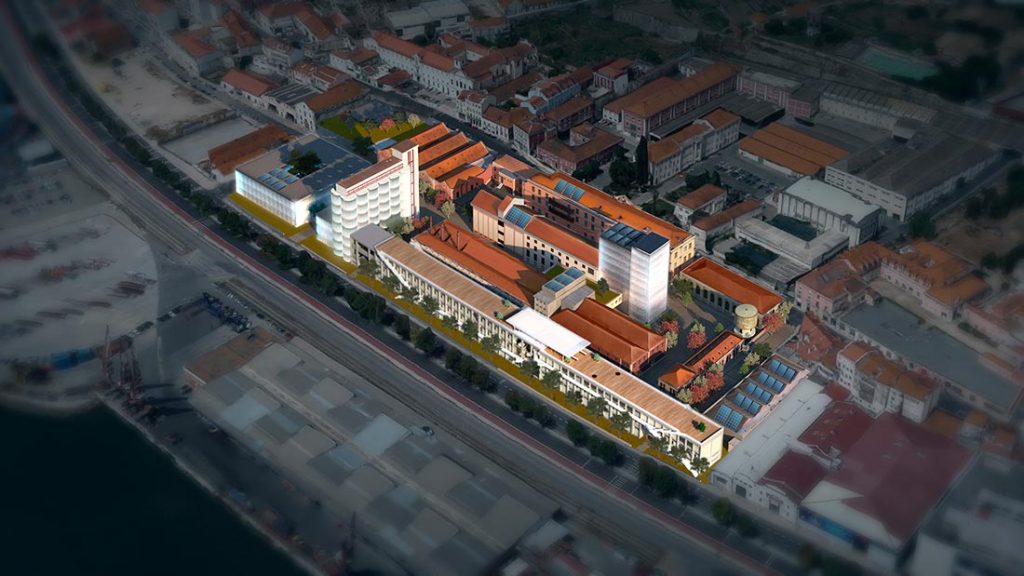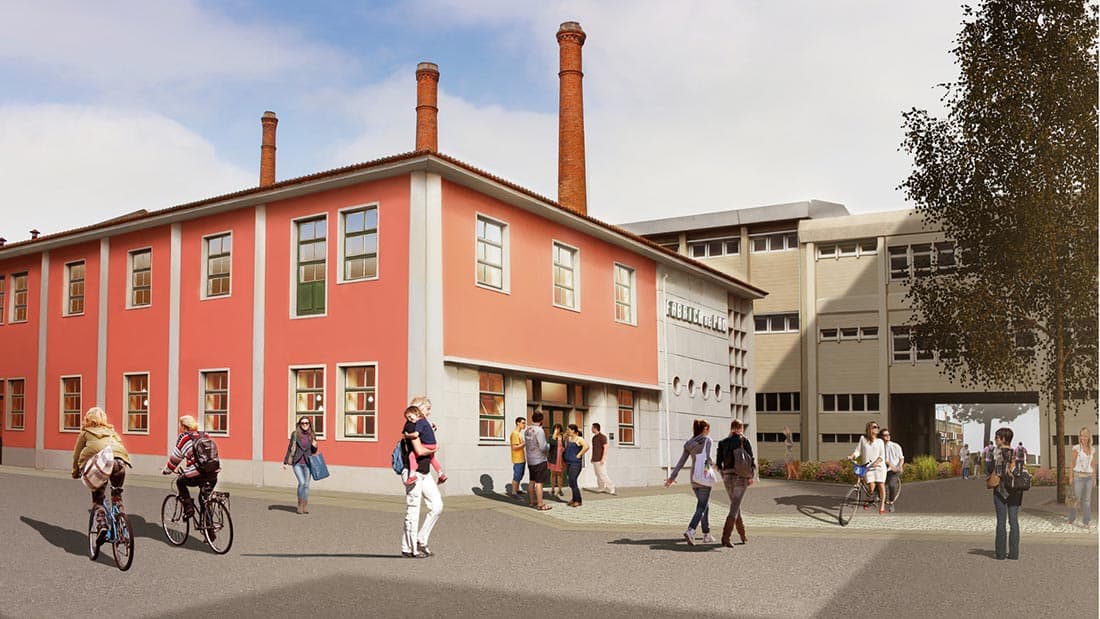The rich talent pool and the high quality of life in Lisbon are attracting more foreign companies to the Portuguese capital, says the CEO of Startup Lisboa, a leading startup incubator that is determined to walk the path of "relevance".
"Talent in our days is the most valuable asset for any kind of company. It doesn't matter if it's a global company, a multi-national company, or a startup. Everybody needs to find the right talent, and we have talented people here," Miguel Fontes told Via News in an exclusive interview when asked why Lisbon is becoming a more popular business destination.
Startup Lisboa, which is celebrating its eighth anniversary of establishment this month, has so far supported around 400 startups and entrepreneurs from over 40 countries through offering various incubation and acceleration programs, setting up strategic partnerships, facilitating access to investment and funding, and providing accommodation and workspace. It has received 4,500 applications from inside and outside the country since 2012.
According to Startup Lisboa's website, 75 percent of the participants decided to move or launch their company to Lisbon after taking part in Launch in Lisbon—a soft landing program meant to help foreign entrepreneurs and investors set up their business in Lisbon. Also, 100 percent of the participants said they recommend Launch in Lisbon.

Miguel says Portugal has skilled local professionals who have been graduated from prestigious universities in the country that offer courses in different fields such as engineering, management, and design. "Talent is for sure the key driver nowadays."
Besides being home to a diverse range of local specialists, the country can attract talent from abroad to Lisbon, he added.
In Miguel's view, one of the major advantages of Portugal in general and Lisbon, in particular, is the "very good quality of life" that it offers. "I'm not saying it because I'm a local. That's what I hear from everyone."
He maintains that these two factors make it easier for companies to persuade professionals from countries such as the United States, Germany, and Sweden to come to live in Lisbon, which contributes to the growth of the business ecosystem in the city.
Lessons Learned
On the lessons learned by Startup Lisboa over the past eight years, Miguel said one of the most important things that they have realized is the importance of building a "community" and an environment conducive to sharing and collaboration.
So what needs to be promoted is that ideas should be shared, he commented. "You need to learn from the person that is sitting next to you. You can learn from the success that he or she has achieved and also from their failures."
Startup Lisboa's CEO says they do not want to paint a too-rosy picture of the entrepreneurial world and create the impression that all startups are "always great" and "always succeed".
"We now know this very well that sometimes it doesn't happen like this and they need to come back and restart and pivot their projects and that's okay."
He calls this realization one of the "greatest lessons" drawn from experience. "Success is not about doing the right thing the first time. It's about trying to succeed. It's about attitude. It's about the will to create an impact on society."
That is why Startup Lisboa is working toward fostering an environment where failure is not looked down upon and aspirant entrepreneurs are encouraged to try new paths to implement their ideas without feeling any pressure, he added.
"Success is not about doing the right thing the first time. It's about trying to succeed. It's about attitude."
Miguel Fontes, CEO of Startup Lisboa
Hub Criativo do Beato Project
On Startup Lisboa's plans for 2020 and beyond, Miguel said they are involved in different projects and one of their challenges now is prioritizing which ideas should be put into practice first.
"We, as any other organization, try to complete our plans, but we are always receiving so many requests from outside. So it's really hard to manage all these plans at the same time," he noted, adding that some proposals are so great that they are impossible to resist.
"This is part of our journey. We must be agile and flexible," said Miguel, who believes that there is no need for excessive planning as the reality always "puts you on the right path".
One significant initiative that Startup Lisboa is currently managing is the Hub Criativo do Beato project, which is expected to dramatically change the dynamics of the startup ecosystem in Lisbon for the better.
Hub Criativo do Beato, an innovation center for creative and technological companies, is taking shape on the Tagus riverside in eastern Lisbon in an old army factory complex.
As part of the project, over 20 buildings spread over 35,000 m² are being renovated in the heart of the Beato neighborhood to create a mixed-use facility, which will be shared by startups, freelancers, scale-ups, large companies, and the surrounding community for work, leisure, and cultural activities.

According to the website of Hub Criativo do Beato, the development is expected to host over 3,000 people. In June 2016, the City Council invited Startup Lisboa to design the project concept and model and undertake coordination, curating, and space management responsibilities.
Miguel says their project will add real value to the city as it will bring together the best innovators from Portugal and abroad. "It's a huge project that we are completely focused on… It's one of our priorities."
Pursuit of Relevance
Asked where he sees Startup Lisboa in five years, Miguel said, "It's always difficult to predict the future, but I'd say, probably, we'll be even more relevant in the ecosystem."
In his opinion, the reason is that they are connecting "so many dots" with the help of other players in the startup scene in Lisbon.
For example, he said he was recently invited to take part in an event for the launch of a new MBA program in the city.
"For the first time, an MBA [program] decided to invite Startup Lisboa to be part of a program related to entrepreneurship… That means that we're doing something well because when we see people from an academic background and environment come to us and invite us to do this, it means that people are aware of and recognize the work that we are doing now."
So Startup Lisboa will be even more active in different fields without losing its main role, Miguel said, adding that supporting startups is a great way to help Portugal become more competitive, more innovative, and more economically prosperous.

